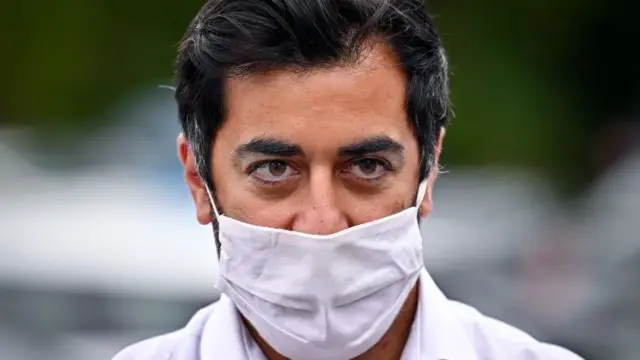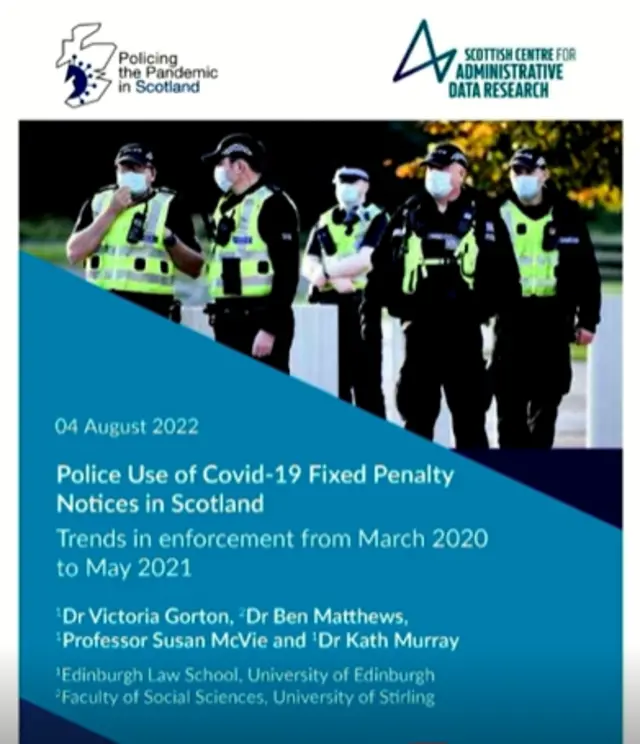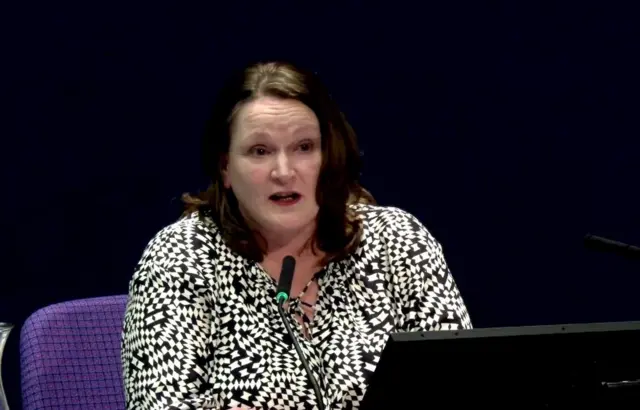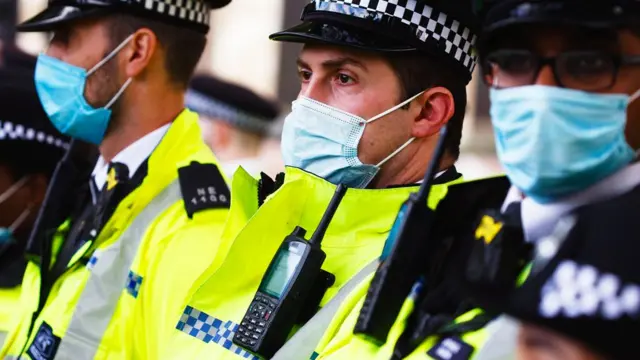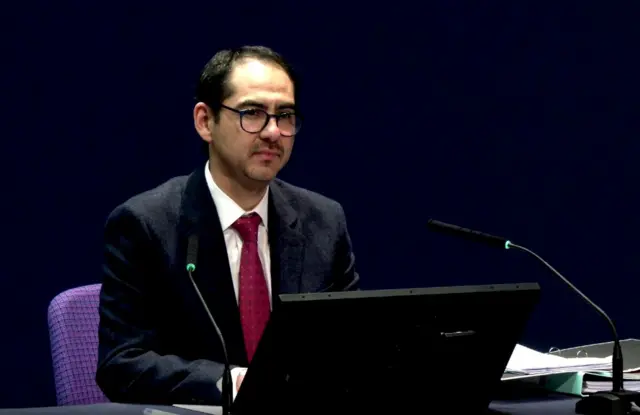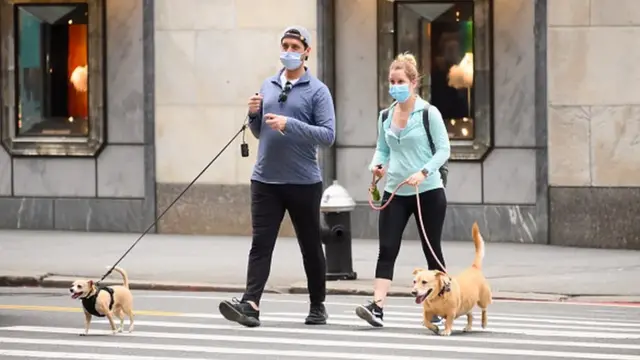UK Covid inquiry: The headlinespublished at 16:43 GMT 24 January 2024
The UK Covid inquiry has adjourned for the day. If you're just joining us here are the main headlines from today:
- Disease expert Prof Mark Woolhouse says he warned Scotland's chief medical officer, Dr Catherine Calderwood, about coronavirus in January 2020 but felt the risks were not being taken seriously.
- The professor of infectious disease epidemiology at University of Edinburgh agrees with the suggestion that officials "froze" in the face of the evidence about the virus.
- Prof Woolhouse also says Dr Catherine Calderwood was "not listening" to his warnings.
- He says the stay at home order introduced during the pandemic was "never necessary".
- The academic also argues that schools stayed shut far longer than necessary and says he was “baffled” by their closure in January 2021.
- Stephen Reicher, professor of psychology at the University of St Andrews, says fear was used to “frighten people into adherence" during the pandemic. He says you can be more effective by showing respect to the public.
- Legal expert Dr Pablo Grez says very few of the coronavirus regulations were debated by MSPs
- Prof Susan McVie told the inquiry the England Scotland travel ban was felt by police to be impossible to enforce.
That's all from the live page team today. Calum Watson and Graeme Esson were the editors. Ashleigh Keenan-Bryce and Craig Hutchison were the writers. Join us for tomorrow's live coverage when First Minister Humza Yousaf is due to give evidence.
